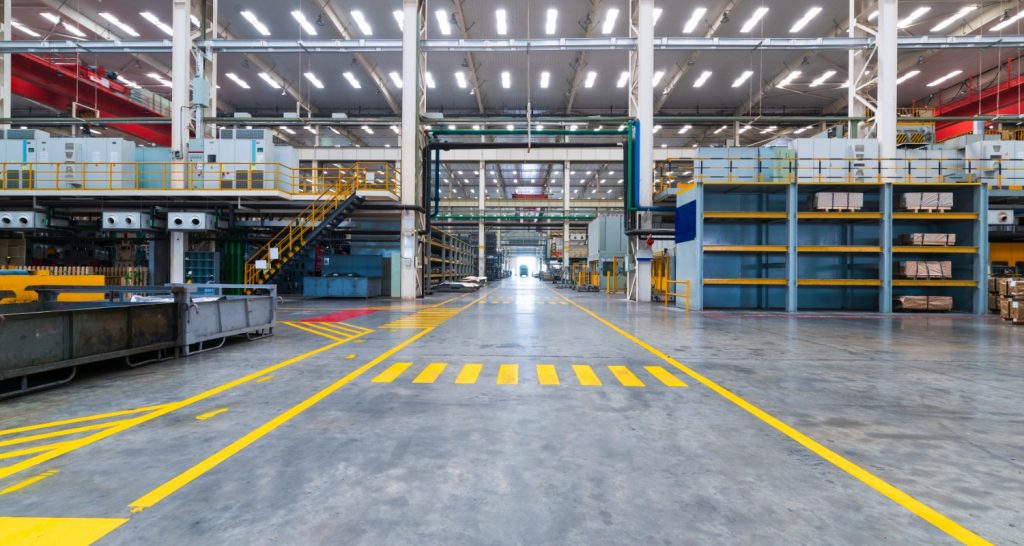Fernando Santiago, of the United Nations Industrial Development Organization; and Fernando Vargas, of the Inter-American Development Bank, discussed, in an article for the UN, what it takes to revive the manufacturing sector in Latin America.
According to experts, manufacturing is one of the sectors most affected by the general closure of economic activity. So how will they meet the challenge of reviving this sector and transforming it into an engine for innovation and growth in the region?
Several countries in the region are preparing to move out of confinement and begin a gradual relaunch of economic activity. In that scenario, the priority is to ensure the health of workers and their families.
Fernando Santiago and Fernando Vargas say that, in economic matters, supply-only policies will not be enough to ensure the transition of the new normal. These should be complemented by policies to strengthen the mandate and to streamline domestic markets, as well as to mitigate the loss of jobs and productive capacities of enterprises, particularly among small and medium-sized enterprises.
Experts provided examples of possible interventions:
On the offer side
- Countercyclical financing for innovation: Innovation could help companies develop new business models and implement organizational changes to absorb short-term shocks and ensure their viability and long-term growth. In a region characterized by low levels of public support for innovation, the need to strengthen a portfolio of promotion tools that combines the provision of matching-grants, with soft credits and ‘technological’ guarantees that reduce market risks associated with technological developments is strengthened.
- Encouraging digitization: Health measures arising from the pandemic impose restrictions on economic transactions that require physical closeness between people. The ability to perform digital transactions and operations with customers and suppliers, as well as within the company, mitigates these restrictions. To serve most companies, it is necessary to intervene through massive and standardized programs that improve digital enterprise capacity, including virtual training methods for the incorporation of initial digital applications, and mass training of workers in digital skills. The challenge of digitization is differentiated according to the level of technological sophistication between companies. Technologically mature manufacturing companies, and in countries with greater industrial development such as Argentina, Brazil and Mexico, recovery can be underpinned by incorporating more sophisticated technologies, associated with Industry 4.0.
On the demand side
Promoting domestic demand will be critical to uncertainty surrounding global demand recovery, particularly in sectors such as tourism, transport, and global supply chain impact. Reviving industrial capacity on the basis of greater equity can benefit from the State’s new priorities around managing the health crisis and creating conditions for some manufacturing activities to be helped by recovery measures. Food, textile, chemical, and medical device producing sectors will have room to meet new local demand. The State may encourage the development of new products or business models for the market, via Public Purchasing of Innovation (Crespi 2017).
Experts say it is possible to generate and expand cooperation mechanisms that allow countries in the region to present a common front to health and environmental contingencies with affordable impacts, migration and interregional security impacts. In this sense, it is advisable to follow closely and learn from two ongoing initiatives.
Firstly, the “Plan of Regional Contingencies against Coronavirus” through the Central American Integration System (SICA), whose objective is to complement health actions at the national level, is also serving as a framework for the coordination of actions in the field of economics, security and communication within the Central American region (SICA 2020). On the other hand, given the region’s limited scientific and technological capacity with respect to other developing regions, it is very timely that IDB-INTAL recently called for research to produce rapid diagnoses and specific intervention proposals in areas such as regional and global trade and integration in Latin America and the post-COVID 19 Caribbean (IDB-INTAL 2020).
Initiatives of this type are consistent with efforts to mobilize technological and productive capacities to meet the emergence of COVID-19 (Santiago et al 2020). They should be a source of inspiration for other regional cooperation initiatives that lead to turning the pandemic into a turning point towards faster, more equitable and more sustainable development in the long run.





